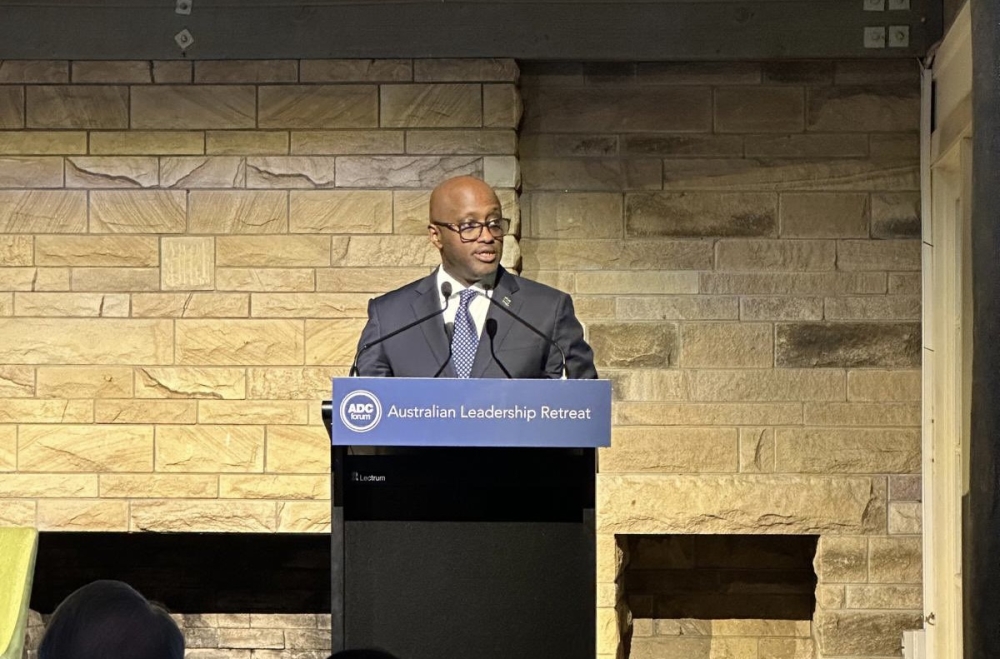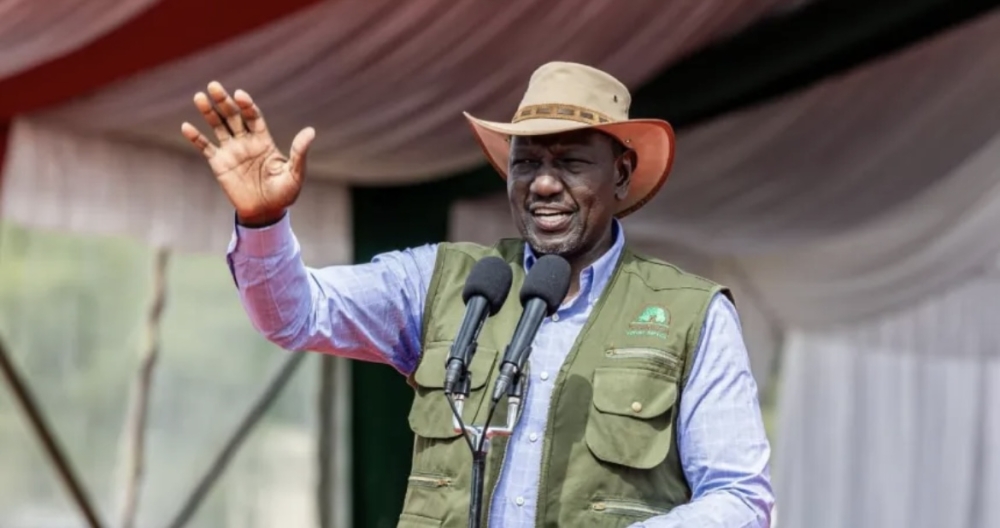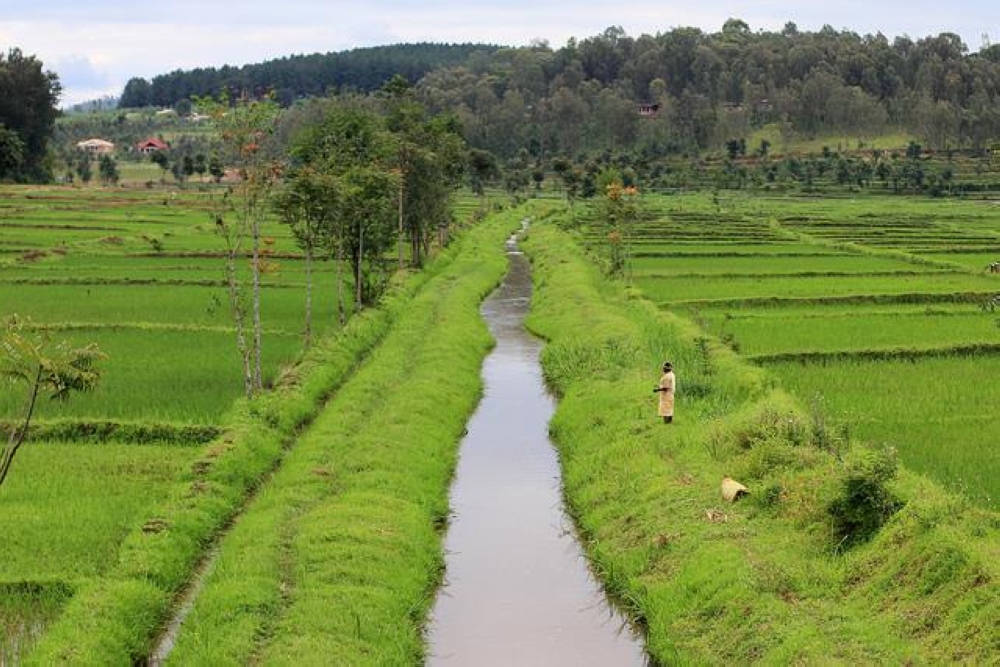A wave of tit-for-tat attacks between two cattle rearing ethnic groups in South Sudan earlier this year left nearly 900 people dead, a UN report said Monday.

A wave of tit-for-tat attacks between two cattle rearing ethnic groups in South Sudan earlier this year left nearly 900 people dead, a UN report said Monday.In late December as many as 8,000 armed youths from the Lou Nuer ethnic group calling themselves «The White Army» rampaged through Pibor county in the remote Jonglei state, massacring members of the rival Murle group, abducting women and children and razing villages.«The UN Mission in South Sudan (UNMISS) recorded 612 fatalities in the course of the attacks on settlements of the Murle community between 23 December and 4 January,» the report said.In January, the Pibor commissioner said that 3,000 Murle had been slain -- many whilst fleeing to the bush. The UN says that figure was announced too hastily.The killings sparked a wave of retaliatory attacks in areas belonging to the Lou Nuer and in others belonging to the Dinka who joined in the attack.According to the UN report, the retaliatory attacks led to 276 deaths among both the Lou Nuer and Dinka communities between 27 December and 4 February.The UN report has urged the government «as a matter of urgency», to activate a committee formed in March to investigate the Jonglei killings, and prosecute perpetrators of the massacres.The report says impunity, and the failure to treat as crimes killings, abductions and other acts of violence associated with cattle rustling have contributed to the cycles of retaliatory attacks.«It is vital that the facts are known, and that the perpetrators and instigators on all sides are held to account,» said Navi Pillay, UN High Commissioner for Human Rights.Despite the 2005 signing of a peace deal that ended five years of civil war and led to last July’s secession of South Sudan, the new nation is awash with guns and cattle-raising communities that were once pitted against each other during Khartoum’s rule and are still mired in old grievances.Juba has been criticised for failing to curb the escalating violence and for not taking a stronger role in Church-led peace talks.It has also been criticised for a recent disarmament campaign in Jonglei carried out by the army whose record is blighted by a string of alleged human rights abuses.






